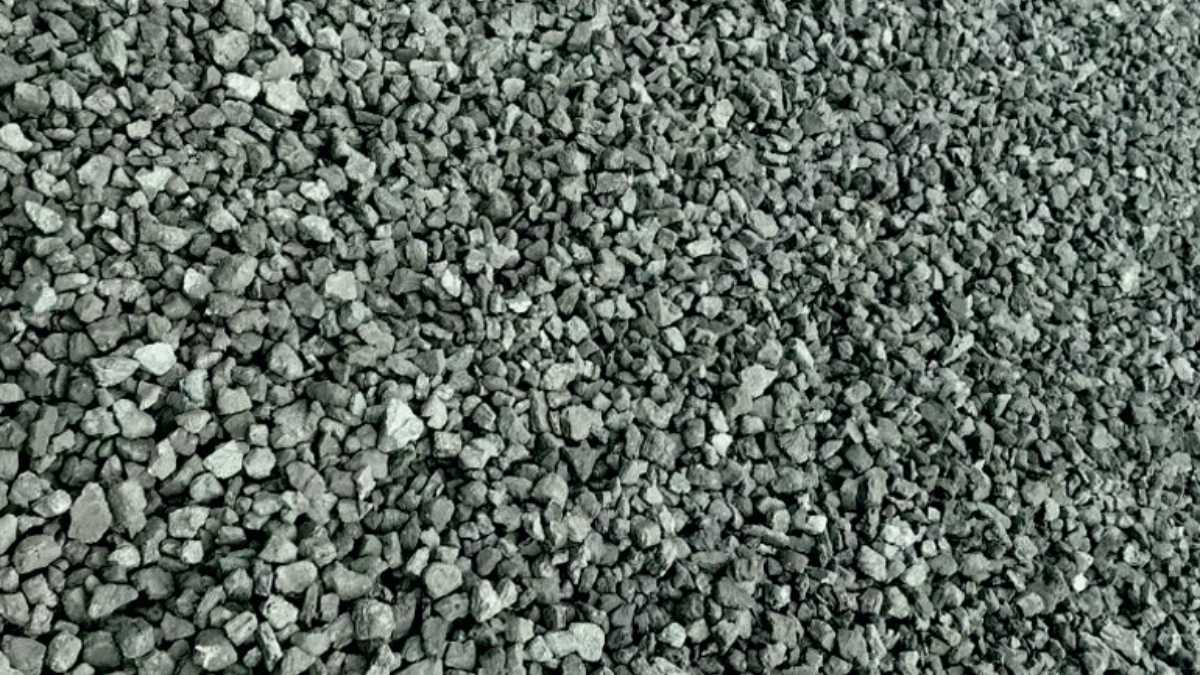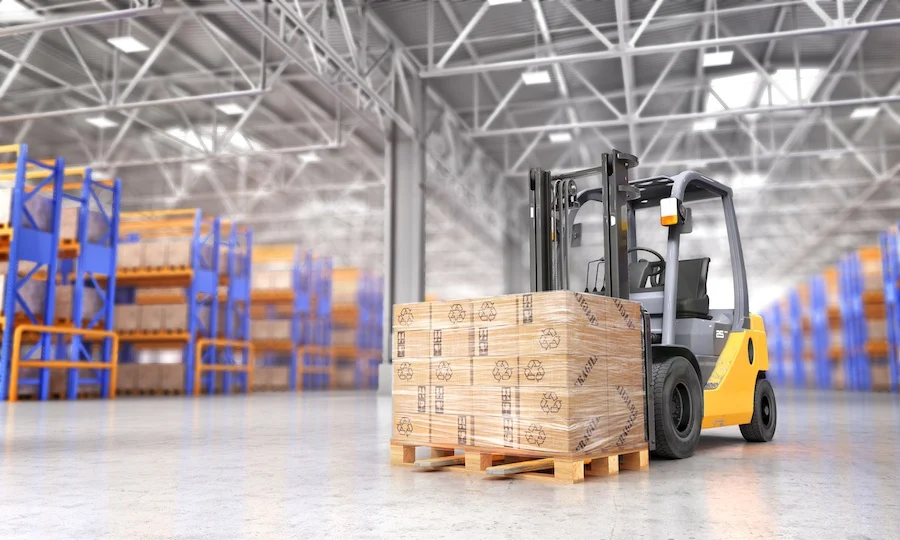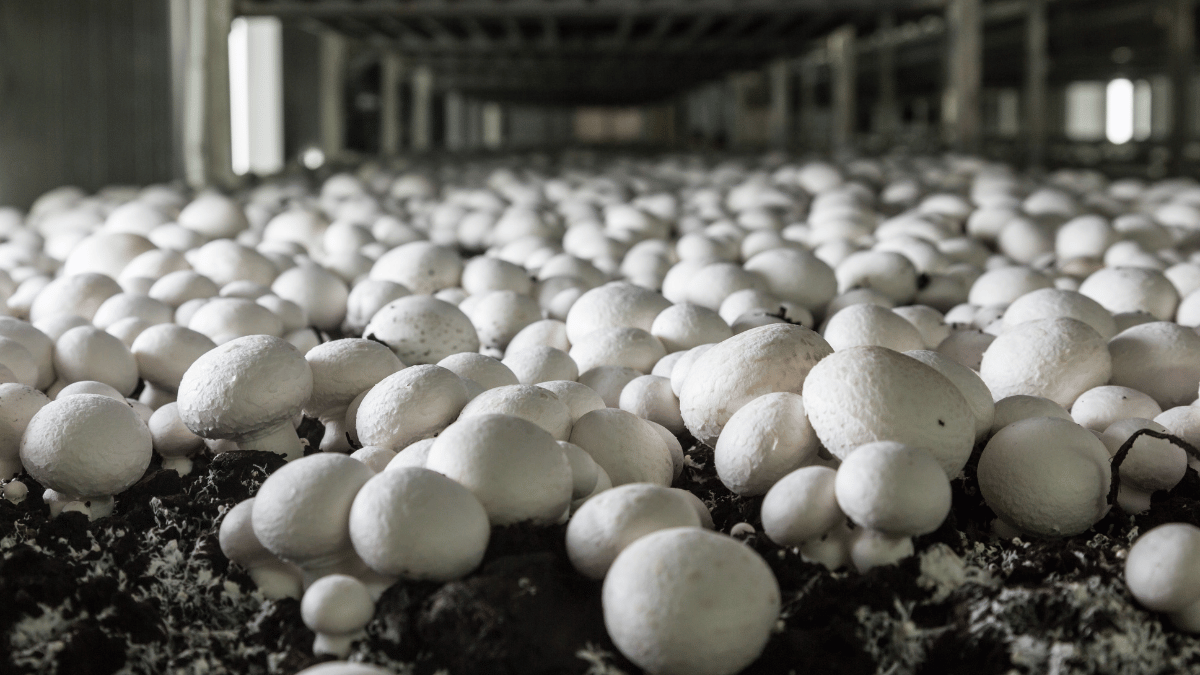Pitch Coke Market: Challenges and Opportunities in a Carbon-Driven World

Strong 8k brings an ultra-HD IPTV experience to your living room and your pocket.
Understanding the Pitch Coke Market: Trends, Applications, and Industry Outlook
- Pitch coke is an essential carbon material derived from coal tar pitch, commonly used in various industrial processes, especially in the aluminum, steel, and graphite manufacturing sectors.
- As a key component in anode production and electrode materials, pitch coke has carved out a significant niche in the global carbon market.
- This article explores the key drivers, applications, and market dynamics shaping the pitch coke industry today.
What is Pitch Coke?
Pitch coke industry material created through the coking of coal tar pitch. This by-product of coal tar distillation is further refined and calcined to remove volatile components and increase its carbon purity. The result is a hard, dense coke with excellent electrical conductivity and thermal stability—qualities that make it highly valuable in high-temperature industrial applications.
Key Applications of Pitch Coke
The versatility of pitch coke is evident in its widespread industrial uses. Some of the major applications include:
Aluminum Smelting: Used in the production of carbon anodes for aluminum smelters, pitch coke plays a critical role in the Hall-Héroult process, aiding in efficient electrolysis.
Graphite Electrodes: Its purity and conductivity make it a preferred material in manufacturing graphite electrodes used in electric arc furnaces for steelmaking.
Carbon and Graphite Products: Pitch coke is integral in producing carbon blocks, specialty graphite, and other high-performance carbon products.
Battery Anodes: With the rise of energy storage systems and electric vehicles, pitch coke is being explored for use in lithium-ion battery anodes due to its conductivity and structural integrity.
Market Drivers and Trends
The pitch coke market is being influenced by a combination of industrial expansion, technological advancements, and evolving energy trends:
Growing Demand in the Aluminum Industry: As the demand for lightweight materials in automotive and aerospace industries grows, aluminum production continues to expand, driving up the need for pitch coke.
Steel Sector Growth: The increasing use of electric arc furnaces (EAFs) in steelmaking, which require graphite electrodes, fuels the demand for pitch coke as a key raw material.
Green Energy and Battery Development: Emerging applications in battery technologies and green energy systems are opening new avenues for pitch coke use.
Focus on High-Purity Carbon Materials: The shift toward high-efficiency industrial processes and cleaner carbon sources has led to innovations in pitch coke production methods.
Challenges in the Market
Despite its growing importance, the pitch coke market faces several challenges:
Environmental Regulations: The production process involves significant emissions, prompting stricter environmental compliance requirements.
Raw Material Supply Fluctuations: Since pitch coke is derived from coal tar pitch, its supply is closely linked to the availability of by-products from steel and coal industries.
Technological Barriers: Achieving consistent quality and performance standards across various applications can be technologically demanding, requiring ongoing R&D efforts.
Regional Insights and Industry Outlook
Different regions contribute uniquely to the pitch coke market based on their industrial base, availability of raw materials, and demand for carbon-based products. Asia-Pacific remains a major hub due to its large aluminum and steel industries, while North America and Europe are focusing on sustainable and high-purity carbon technologies.
With the global push towards electrification, decarbonization, and circular manufacturing practices, the pitch coke market is expected to continue evolving. Companies investing in advanced refining technologies, sustainable production methods, and diversified applications are likely to lead the next phase of growth.
Note: IndiBlogHub features both user-submitted and editorial content. We do not verify third-party contributions. Read our Disclaimer and Privacy Policyfor details.







